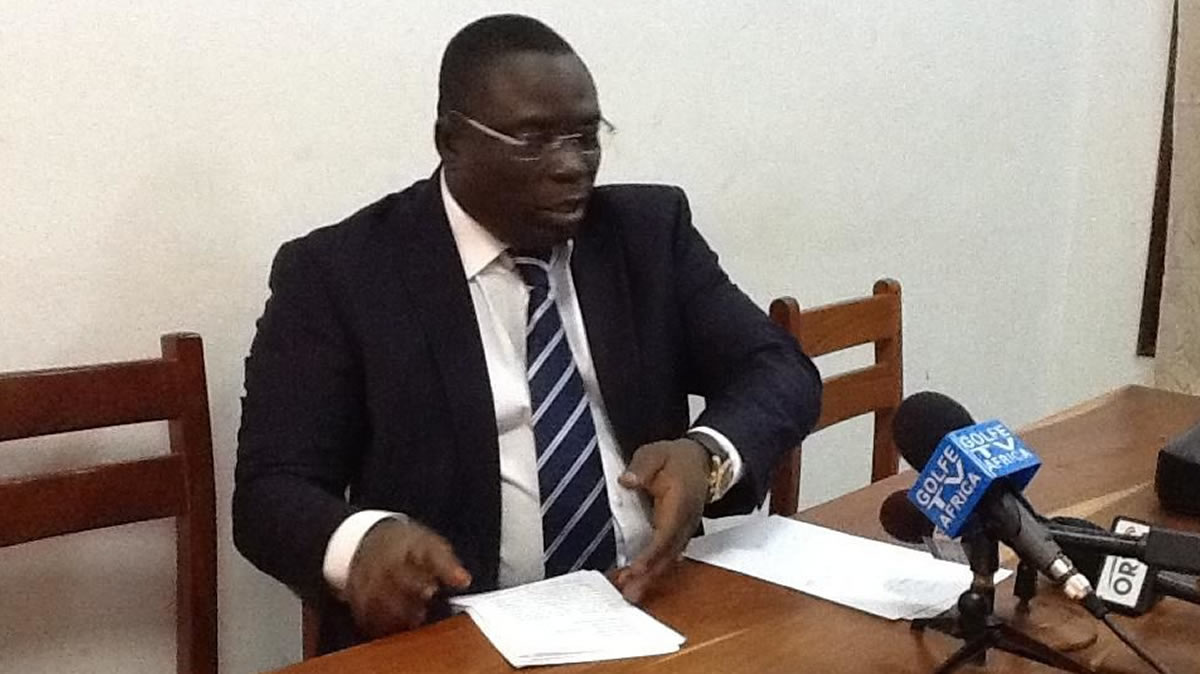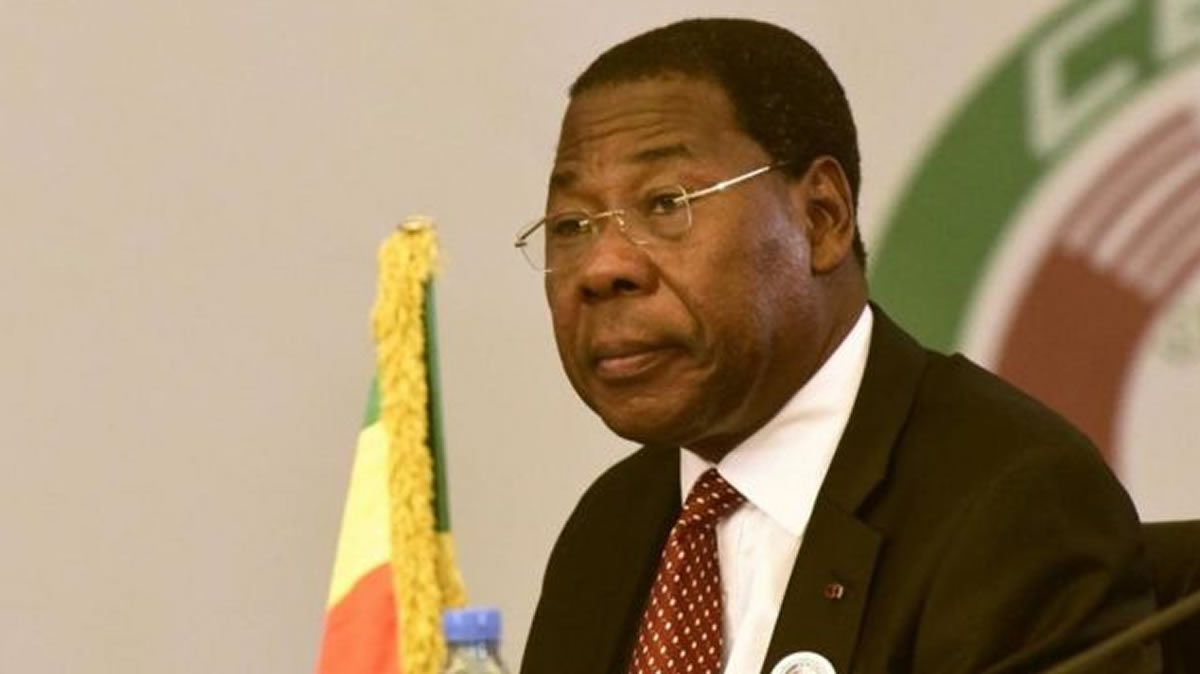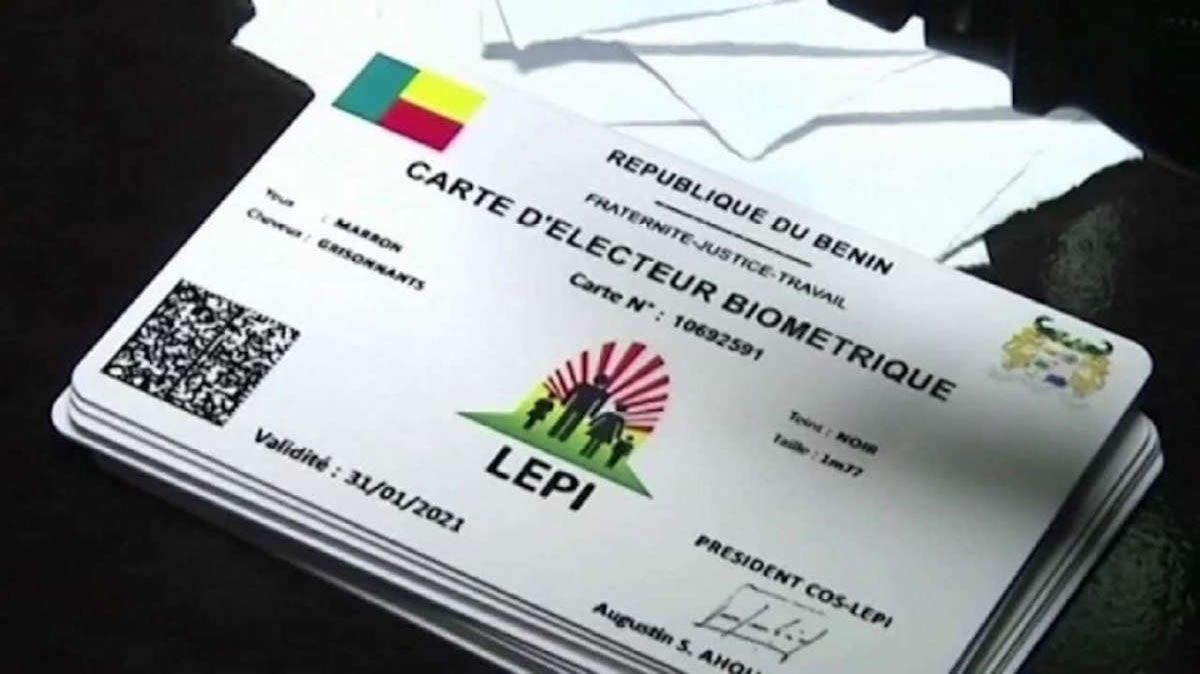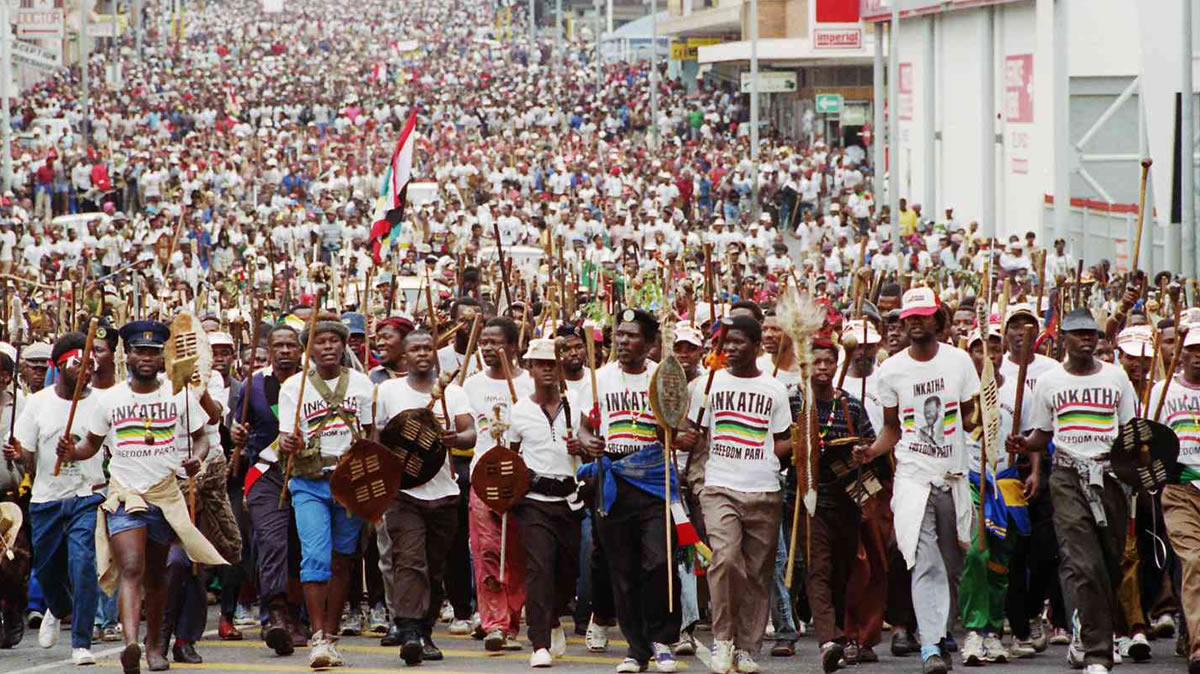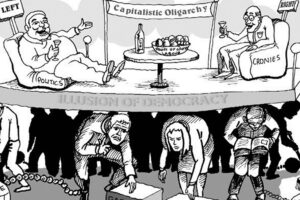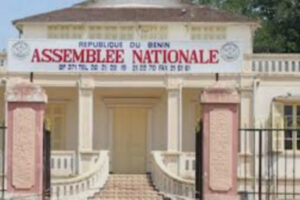Opposition coalition boycotts the judges’ designation
As a first parliamentary decision appointing six (06) High Court judges was declared unconstitutional, the National Assembly met on Thursday, March 26, 2009 for another designation but when the vote started the irritated opposition left the session.
High Court of Justice is one of the main judicial bodies provided by the Constitution of Benin (Republic). It is competent to deal with any case of crimes or wrongdoings that can be regarded as high treason, involving the acting Head of State or any other acting member of the Executive.
First, on Saturday, December 20, 2008, early in the morning, after a long deadlock that lasted almost a whole week, the Parliament elected its six (06) representatives in the High Court of Justice. The opposition took all the six (06) seats ignoring the call for consensus from the ruling FCBE which boycotted the vote declaring it was unconstitutional.
However, in a decision on January 08, 2009 the move of the National Assembly has been overturned by the Constitutional Court.
The Court’s decision was based on the fact this appointment was not made in accordance with representativeness in the National Assembly of different political tendencies. According to the Court, Benin Constitution makes provisions for multiparty democracy and therefore such an appointment should take into account the different political tendencies which are represented in the National Assembly.
Nevertheless, the opposition camp accuses the Court of bias and partiality arguing that previous rulings made by the same Court on the same matter contradict with this latest one. And so opposition coalition which dominates the National Assembly has not been willing to abide by the latest Court’s ruling on the issue. As a consequence, the National Assembly was unable to agree on the way to accommodate the Court’s decision which according to Benin Constitution can not be subjected to any contestation.
On Thursday, March 26, 2009 the National Assembly met again to debate the issue in order to come up with a solution. The Law Commission which was assigned to find a way out of the deadlock so that the judges’ appointment could be made in conformity with Court’s ruling had made public its report defining the concept of minority and majority.
The report states the ruling FCBE is the minority while the coalition of ADD (made up of RB and PSD), PRD and G13 is the majority but the opposition argues that this view has nothing to do with the reality since these political parties have not put forwarded to the Speaker a statement making official their existing alliance.
The opposition asked for this report to be submitted to vote but the Speaker of Parliament opposed its request. Despite the absence of the opposition MPs who boycotted the vote, the designation of the National Assembly representatives in the High Court of Justice went ahead. Three (03) representatives were designated by forty one (41) votes against with 1 abstention. The appointees are Erick Nda Kouagou, January Yahouédéhou, Benoît Comlan Degla for the ruling FCBE.




